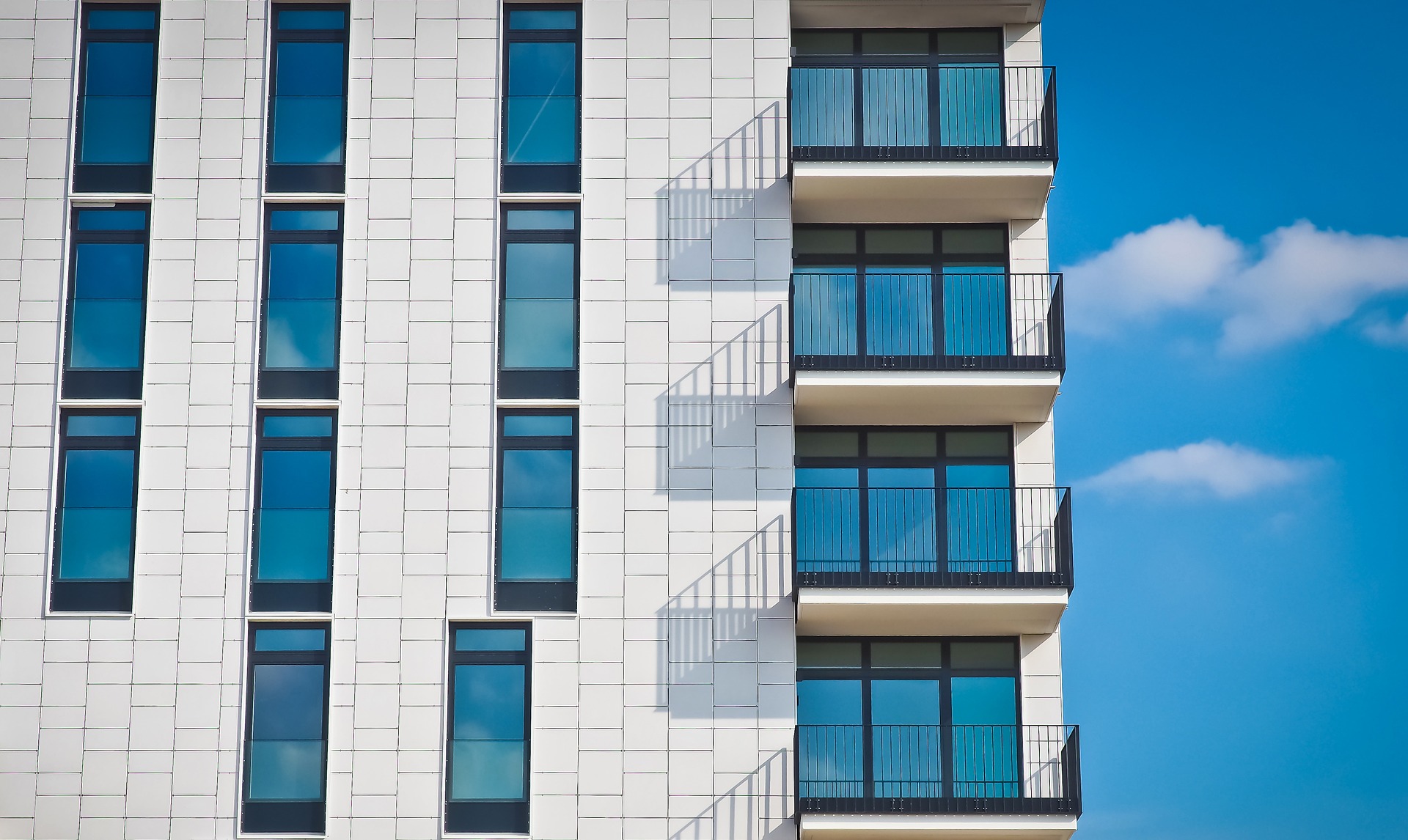
Construction projects plummet amid sky-high prices in Germany
The number of building permits issued was already at a record low last year, but this year, the construction sector may reach a new low in Germany. Meanwhile, the demand for flats is the highest in decades.
Housing market in serious crisis
The housing sector is sliding into crisis in Germany. The trend did not stop at the beginning of this year, when the number of new residential construction projects continued to decrease at a rapid pace.
Permits for only 21,900 new apartments were issued in January, a 26-per cent drop compared to the same month last year.
the Federal Statistics Office in Wiesbaden reported. The number includes permits for flats in newly built buildings and new flats constructed in existing buildings. The market reached a negative record in 2022, but the number of permits will likely fall even lower in 2023.
Experts say the downturn has been caused by higher interest rates, shortages of materials and skilled labour, and rising costs of construction materials, leading many builders – from private house builders to large investors – to hold back or cancel projects.
The number of permits issued for single-family houses fell by a quarter and for two-family houses by almost half – by 48.4 per cent. In the case of apartment blocks, the most common type of buildings, the number of approved projects fell by almost 29 per cent.
At the end of last year, the price of concrete work rose by 17.6 per cent and that of masonry work by 13.6 per cent. The cost of roofing and insulation grew by 20.3 per cent, while carpentry and woodwork increased by 5.1 per cent and finishing work by 17.8 per cent. The construction of office buildings has also stalled, as it costs a total of 17.8 per cent more than in late 2021. Contractors should expect similar costs for commercial industrial buildings and road construction is no longer as profitable as before after an increase of 19.3 per cent in prices.
Buying a home remains a dream for many Germans
Meanwhile, Germany is struggling with the worst housing shortage in decades, which is steadily driving up rental costs and real estate prices.
„Demand for apartments is the highest in decades, but orders are scarce. If general conditions don’t change soon, we will experience a housing market crisis,”
warned Felix Pakleppa, general manager of the Central Association of the German Construction Industry. In his view, left-wing Construction Minister Klara Geywitz has already admitted that the federal government will fail to deliver on the election campaign pledge of building 400 thousand new homes annually. However, both experts and the construction minister agree that the halting of construction projects is out of the question, but the process will lead to a sharp drop and a worsening housing shortage, which will in turn drive up prices further.
Instead of owning their homes, most Germans live in rentals, as they can’t afford to finance the purchase of a property. Polls have shown for years with unchanging results that eight out of ten Germans dream of owning a home. They are also acutely aware that the cost of living is lower for home owners than for those who rent. Currently, an apartment in a residential block costs 3300 euros per square metre on average in the country, with the price rising to 5000 euros in sought-after cities. In Munich, for example, one square metre costs 8000 euros. A newly-built 100sqm apartment costs at least 430,000 euros. The current interest rates on mortgages, along with a two-per cent repayment, add up to a monthly installment of around 2,000 euros.
Tags:

